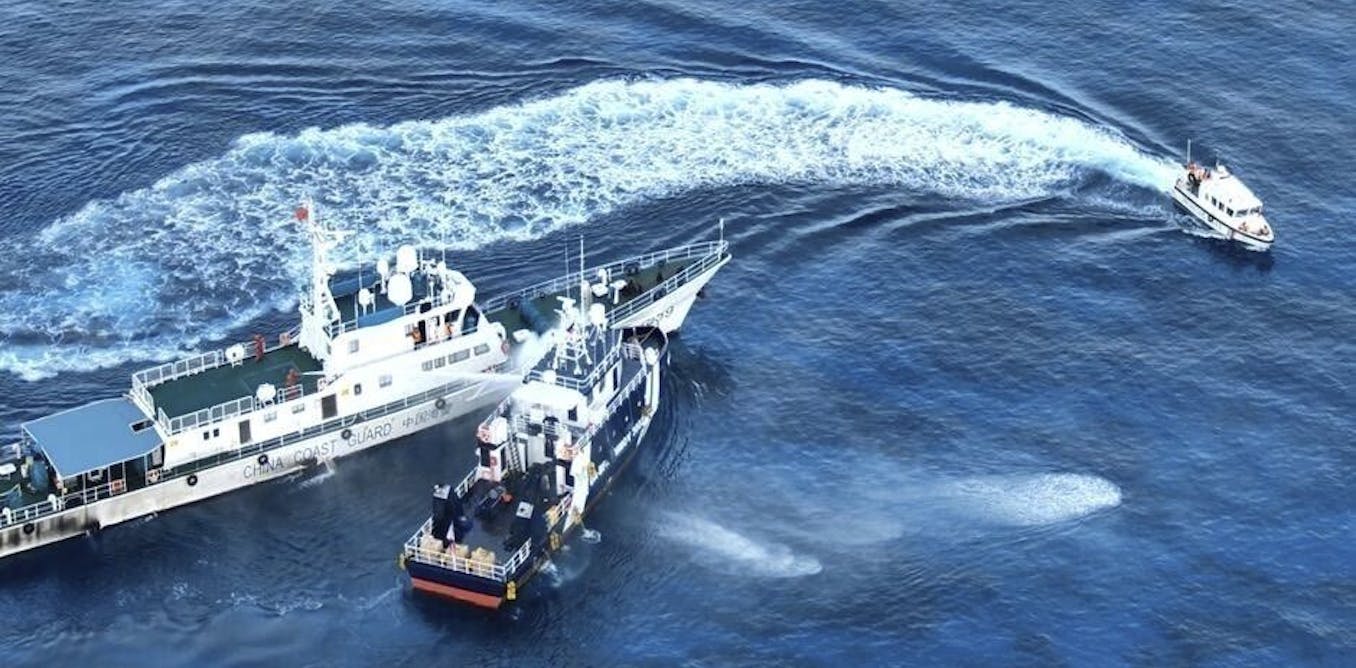Last week, Chinese coast guard vessels rammed and shot water cannon at Philippine ships in the South China Sea. The incident was well within the Philippines’ exclusive economic zone and was completely unprovoked.
It is the latest example of a sustained pattern of Chinese maritime coercion that has intensified over the past three years. Despite the growing frequency and sheer aggression of these tactics, international attention and official rebukes have noticeably waned in the past 12 months.
For Australia, a nation whose prosperity and security relies on maritime trade, there can be no room for complacency or desensitisation. China’s maritime aggression puts Australia at risk.
…
History teaches that once coercion goes unchecked, it tends to escalate. The incident last week is not an isolated provocation, but part of a continued deterioration of security in the waters around us.
Australia has both the right and the responsibility to challenge the normalisation of this kind of maritime aggression. We can push back by calling out each incident, continuing to deepen our regional partnerships, accelerating the development of our naval capabilities, and reinforcing international maritime law.
Our future prosperity, and the security of generations to come, depends on it.



Nah, its practically impossible for Australia to be a leader of any sort, too small.
Thats why i only say convener, because of the geopolitical position, as an invested and interested party, but back a bit, it means Australia is in a more neutral position in discussions which can be a good place for a convener to come from.
Agreeing on the direction of discussions but more open minded to conflicting policy direction that may arise.
But yeah, as you say, Australia must act in support of our allies in this region as the primary policy setting in any of this and fill the role they need from Australia.